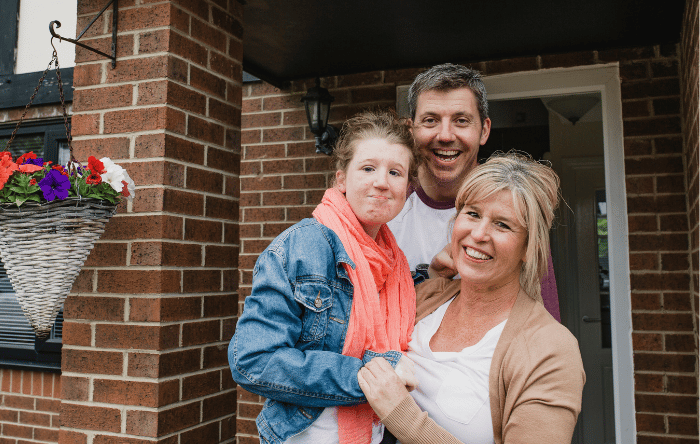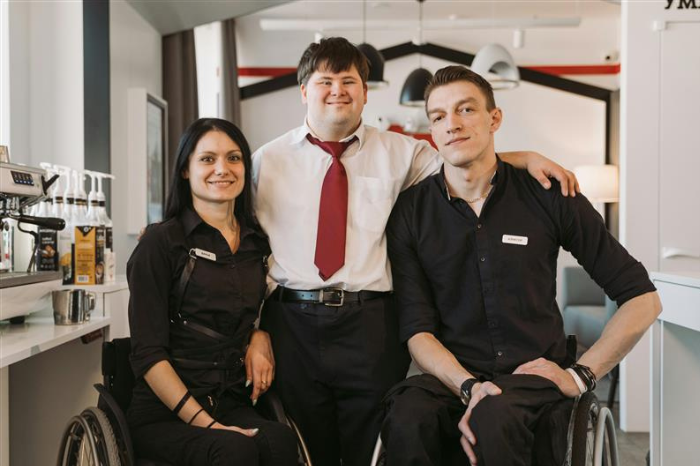
While it is recognised that family members of National Disability Insurance Scheme (NDIS) participants provide invaluable support to their loved ones, exactly how the National Disability Insurance Agency (NDIA) decides what is reasonable to expect from families can sometimes seem confusing.
Here are links to guidelines and other resources that I commonly refer to in my role as a support coordinator to help me to better understand how the NDIA views the role of families.
As well as the familiar purple NDIS website, the NDIA has a new web page in development – Our Guidelines: How we make decisions – where the Agency’s updated operational guidelines are released. In the section titled Reasonable and necessary supports the NDIA details what supports it considers to be reasonable for a participant’s family, friends and community to provide.
The NDIA guidelines say it is normal to expect parents to provide ‘substantial care and support to children’, and that it is ‘usual for parents to provide almost all the care and support that young children need’. For participants aged under 18 years, the Agency will consider:
This is a good opportunity to link to a resource prepared by the Independent Advisory Council (IAC) to the NDIS, a powerful body formed to represent the participants’ voice in the NDIS by providing independent advice directly to the NDIA board. Reasonable and Necessary Support across the Lifespan: An Ordinary Life for People With Disability – a 2014 paper released by the IAC – includes an appendix providing a useful table comparing what children with disability are doing at key life stages with what children without disability are doing. This information can be used to identify where a child’s disability related support needs are substantially greater than peers of the same age.
For participants over the age of 18, the NDIA guidelines consider:
Families supporting adult children should ensure that reports and recommendations submitted to the Agency detail current support arrangements, identify gaps that are filled by family members, highlight areas of caregiver strain, and assess risks posed to the wellbeing of the participant, as well as the sustainability of informal supports.
I’m regularly asked if the NDIA will pay family members to support their loved ones. The answer lies in the ‘Sustaining informal supports’ section of the Including Specific Types of Supports in Plans Operational Guideline.
The NDIA believes that funding a family member to provide support could be detrimental to family relationships and, as such, it will only consider funding family members to provide support in exceptional circumstances. These circumstances might include where there is a risk of harm or neglect, where there are religious or cultural reasons, or where consideration is given to strong personal views in relation to privacy or dignity.
One of the key roles of a support coordinator is to build a participant’s capacity and capability to navigate the NDIS. We can support participants and their families to:
Click here for a great resource to learn more about the role of a support coordinator.

Charmaine Fraser is Director of Aurora Coordination where she oversees a team of support coordinators and specialist support coordinators. She also facilitates support coordination training for Disability Services Consulting. Charmaine has two adult children, the eldest is an NDIS participant.


